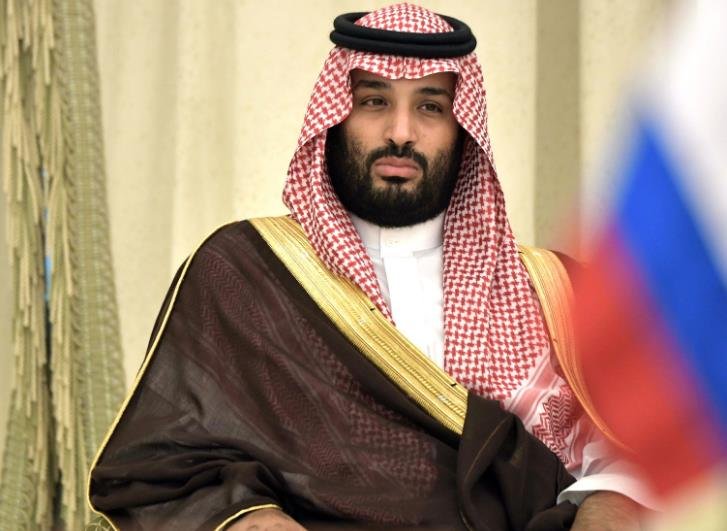Mohammed bin Salman’s vision for Saudi Arabia is nothing short of revolutionary. At the age of 29, he began to outline his plans to awaken the kingdom from its “deep slumber” and position it as a global powerhouse. Central to his strategy was the partial privatization of Aramco, the world’s most profitable company, to reduce the economy’s dependency on oil. This move was intended to generate billions in revenue, which would be invested in technology startups and other sectors to diversify the economy.

MBS’s ambitions extended beyond economic reforms. He aimed to create six million new jobs by integrating Saudi women into the workforce, a significant cultural shift in the conservative kingdom. His plans also included investing in Silicon Valley tech firms, such as Uber, to foster innovation and entrepreneurship. These initiatives were part of his broader Vision 2030 plan, which sought to transform Saudi Arabia into a modern, diversified economy.
Despite his grand plans, MBS faced significant opposition from within the royal family and conservative factions. His determination to push through reforms often led to clashes with traditional power structures, highlighting the challenges of implementing such sweeping changes in a deeply conservative society.
Power Struggles and Controversies
MBS’s rise to power was marked by a series of strategic moves to consolidate his position. One of the most notable incidents was the midnight meeting with Saad al-Jabri, a senior security official, where MBS outlined his vision and sought Jabri’s loyalty. This meeting, which lasted three hours, underscored MBS’s fear of palace spies and his determination to secure his position.
However, MBS’s tenure has been marred by controversies, including the 2018 murder of Saudi journalist Jamal Khashoggi. The killing, which took place in the Saudi consulate in Istanbul, drew international condemnation and raised serious questions about MBS’s leadership. While the Saudi government denied any involvement, the incident severely damaged MBS’s reputation and strained relations with Western allies.
Another significant controversy involved the launch of a devastating war in Yemen. The conflict, which began in 2015, has resulted in a humanitarian crisis, with thousands of civilians killed and millions displaced. Critics have accused MBS of pursuing an aggressive foreign policy that has exacerbated regional tensions and undermined Saudi Arabia’s standing in the international community.
The Path Forward
Despite the challenges and controversies, MBS remains committed to his vision for Saudi Arabia. His efforts to modernize the kingdom have yielded some positive results, including increased foreign investment and a growing tech sector. However, the path forward is fraught with obstacles, including internal resistance and international scrutiny.
MBS’s ability to navigate these challenges will be crucial in determining the success of his Vision 2030 plan. His leadership style, characterized by bold decisions and a willingness to confront traditional power structures, has both supporters and detractors. As Saudi Arabia continues to evolve, the world will be watching closely to see how MBS’s vision unfolds and whether he can achieve his ambitious goals.
The insights from spies, diplomats, and close associates provide a nuanced perspective on MBS’s leadership. While his methods may be controversial, there is no denying his impact on Saudi Arabia’s trajectory. As the kingdom moves forward, MBS’s legacy will be shaped by his ability to balance ambition with pragmatism and to steer his country through a period of unprecedented change.
